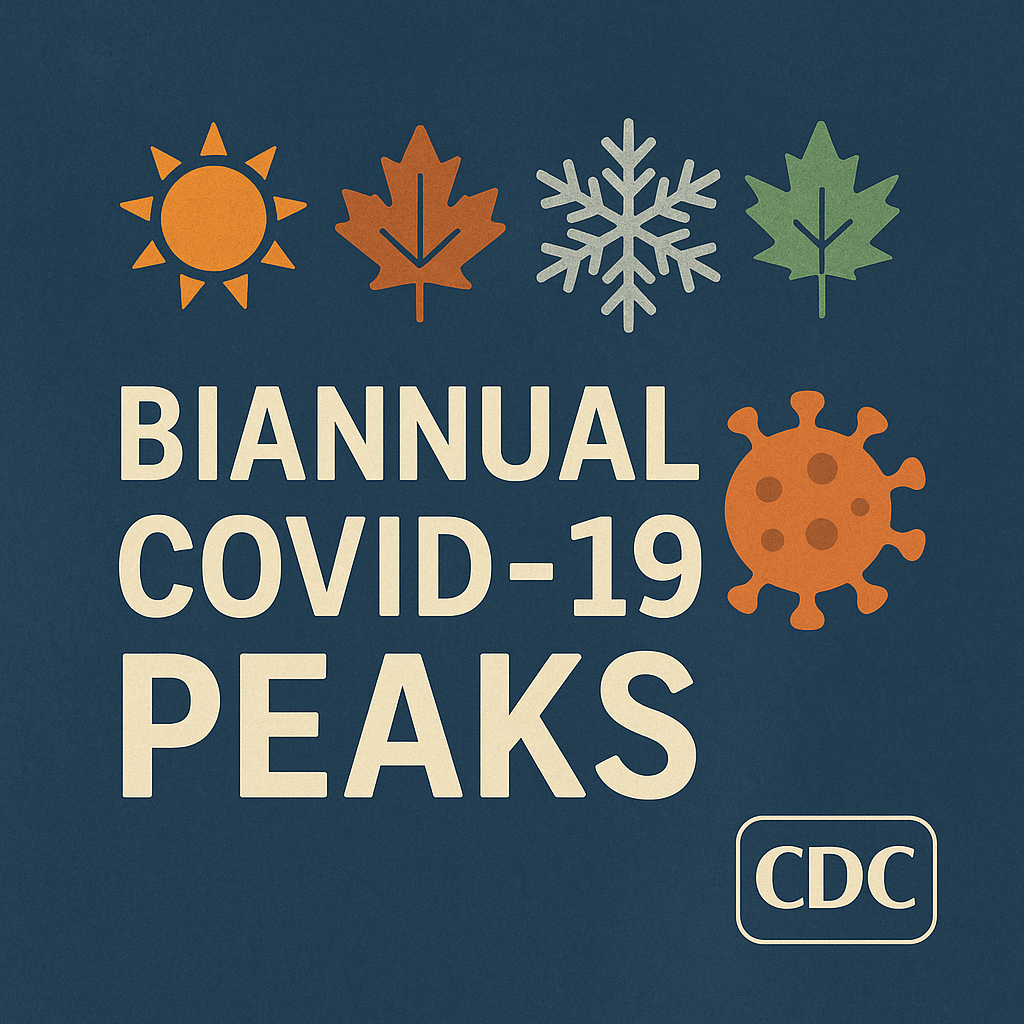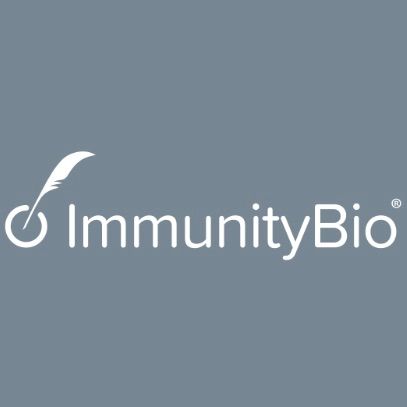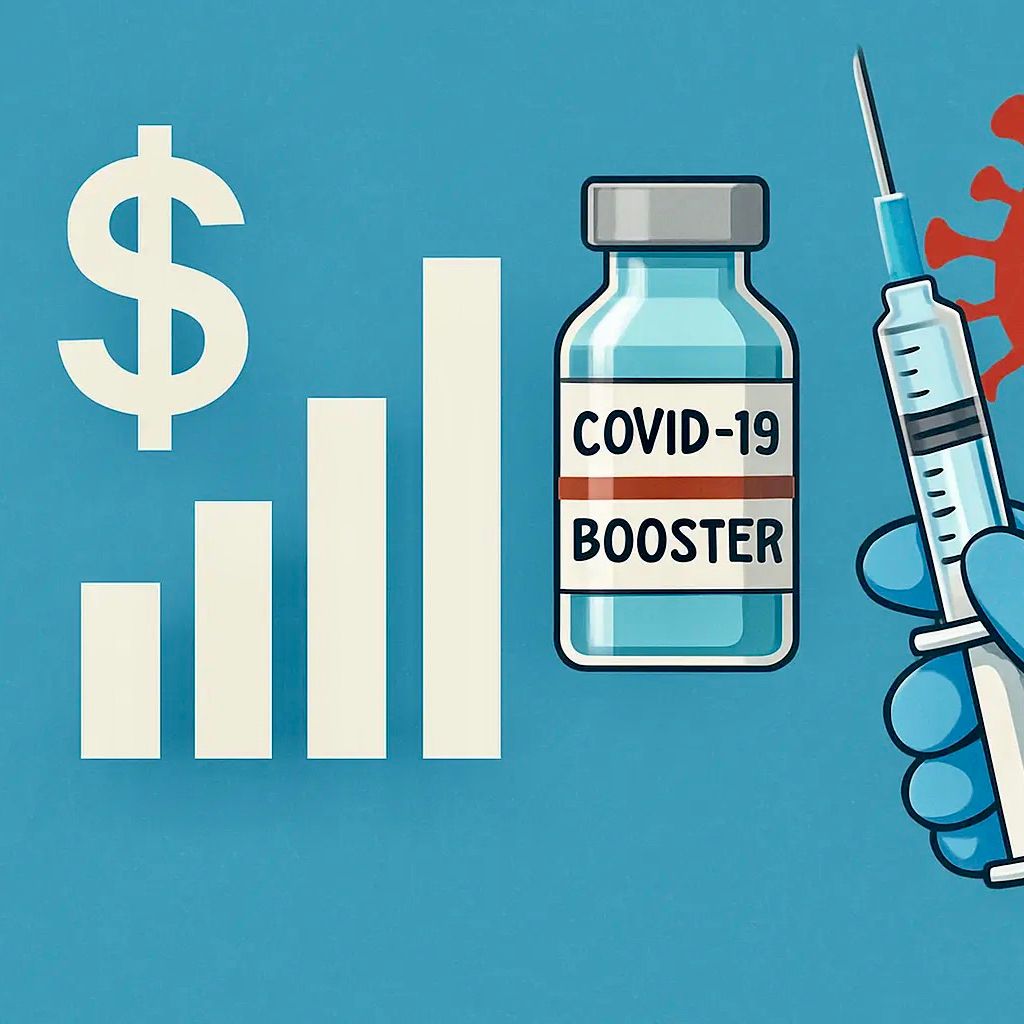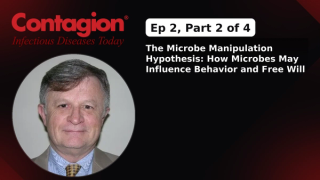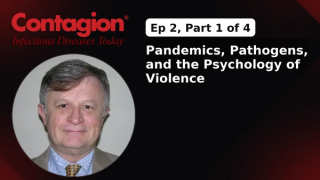
Coronavirus / COVID
Latest News
Latest Videos

CME Content
More News
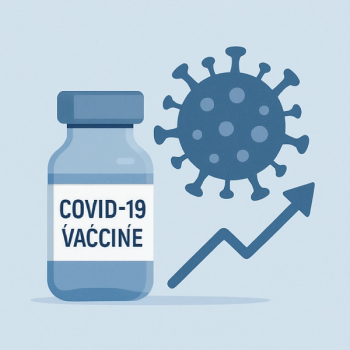
Low vaccine uptake, immunity gaps, and new antiviral data raise alarms ahead of a potential late-summer surge.

Study investigators found a therapy designed to treat Celiac disease supported a more rapid return to normal activities for patients with multisystem inflammatory syndrome in children (MIS-C).

Vinay Prasad’s, MD, MPH, short tenure marked by tough regulatory decisions and political pushback; the Trump administration has not yet named a successor for the CBER director role.
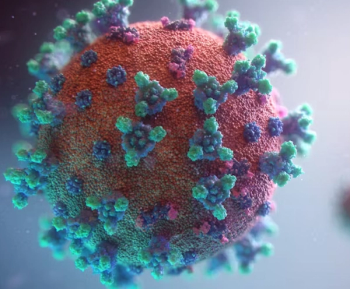
New research reveals accelerated brain aging in healthy adults during the COVID-19 pandemic, highlighting broader neurological and social effects.

First author Jacek Skarbinski, MD, offers insights on new data published last week showing how this population can benefit from continued vaccination.

Edward Weinstein, MD of Pfizer, says longer courses may benefit severely immunocompromised patients, even without major gains in viral suppression.
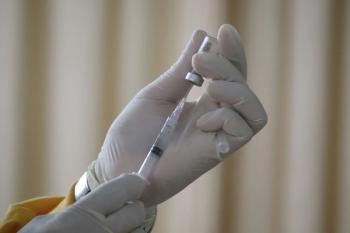
A large study looked at booster uptake and effectiveness among US adults who received chemotherapy or immunotherapy.

The company said it expects to have its updated mRNA-1273 (Spikevax) vaccine available for these eligible populations in the US for the next respiratory virus season.

A wearable health monitor synced with a smartphone app could enable remote detection of early SARS-CoV-2 infection.

Rebecca Bromley-Dulfano, MS, says expanding access to home testing and virtual care is key to closing racial gaps in treatment.

Invivyd forms the SPEAR Study Group to evaluate pemivibart for Long COVID and post-vaccine syndrome, exploring monoclonal antibody treatment of spike protein.
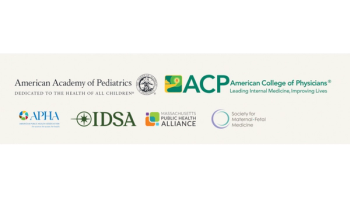
Six health organizations and a physician challenge the legality of rescinded vaccine recommendations and dismissal of federal advisory members.

Results from Invivyd’s pemivibart (Pemgarda) phase 3 trial show it had a significant PrEP effect during the 6-month on-drug period for both immunocompromised and immunocompetent populations.
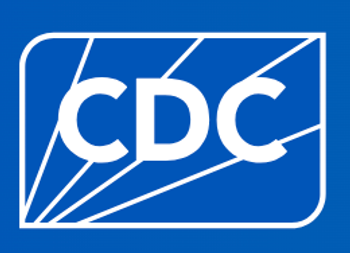
New epidemiologic data, vaccine effectiveness, and safety assessments guide a move from universal to targeted vaccination recommendations for the 2025–26 season.
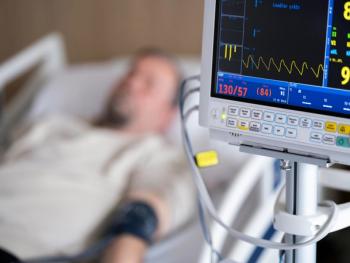
Although COVID-19 has receded quite a bit from the minds of many, it still remains a virus that can present serious morbidity and mortality. Here is a review of clinical treatment strategies by an intensivist when seeing patients with severe COVID-19.
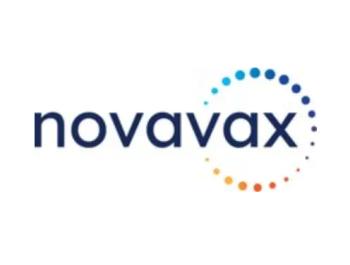
Phase 3 results show immune response and tolerability in adults 65 and older, following phase 2 findings.

The company's vaccine, mRNA-1283, becomes the first approval under the new federal guidelines.

The World Health Organization (WHO) says the previously predominant LP81 variant has been declining, and that the NB181 strain, which is a variant under monitoring, is increasing.

Following a positive safety review, Vaxart advances its needle-free, room-temperature stable oral vaccine candidate with government-backed funding and a year-long follow-up study.
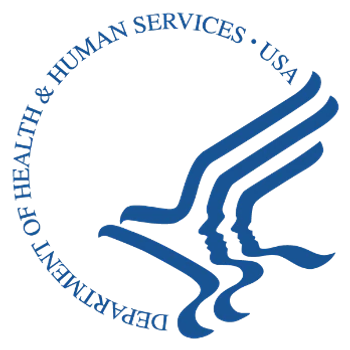
In a joint announcement, the leaders of the NIH, HHS, and FDA, made comments about this CDC immunization removal.
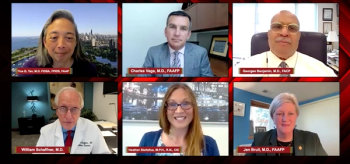
A panel discusses how vaccine policy under new federal government policies, why misinformation has flourished and what individual providers can do to win back patient trust.

The FDA committee advisors are recommending the monovalent JN1-lineage-based COVID-19 vaccines preferentially using the LP81 strain.
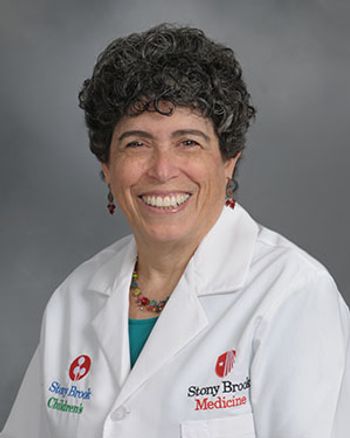
Pediatrician Sharon Nachman, MD, discusses the potential effects of the new policy including how things like vaccine access, incidence rates, and participation in placebo-controlled trials may change.

The company made the decision after the FDA requested more vaccine data for the mRNA-1083 vaccine. Moderna plans to resubmit their Biologics License Application (BLA) for the vaccine later this year.

FDA leadership says they expect more testing for COVID-19 vaccines and that they generate antibody titers in people in order for vaccines to be considered for approval.

